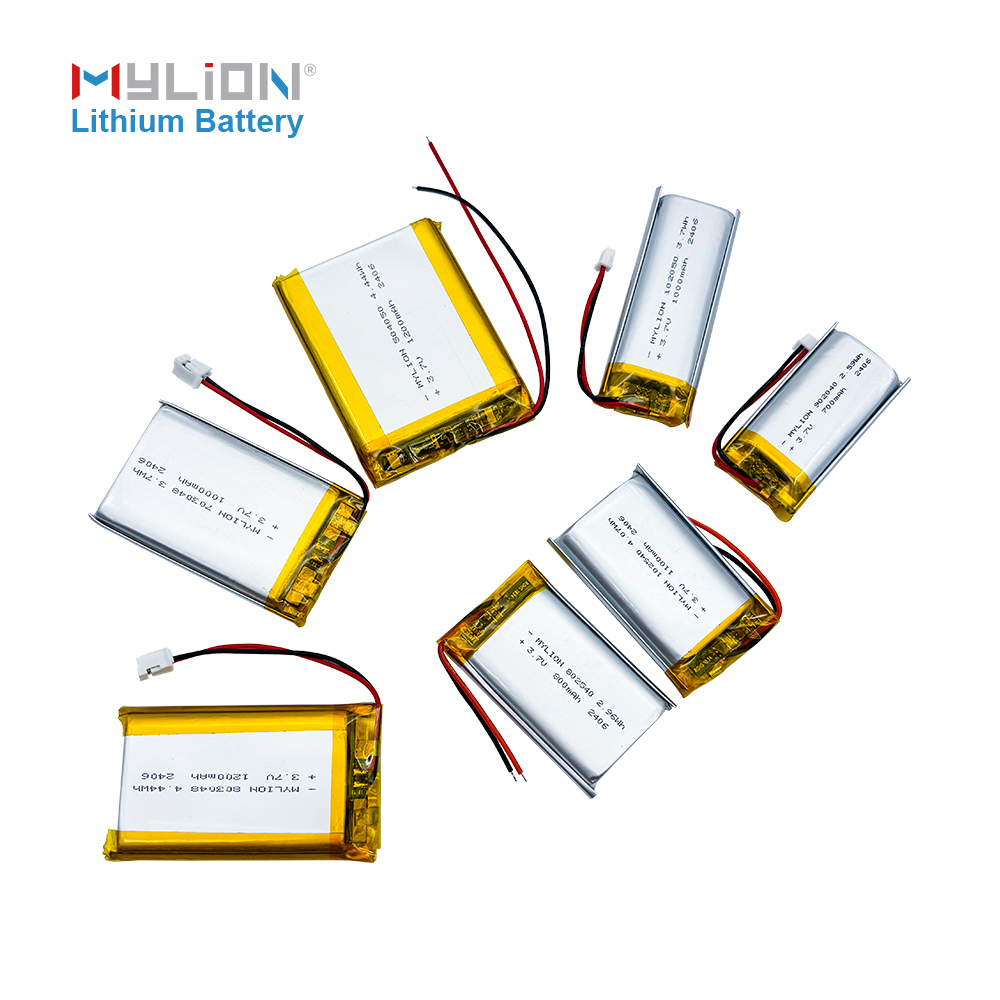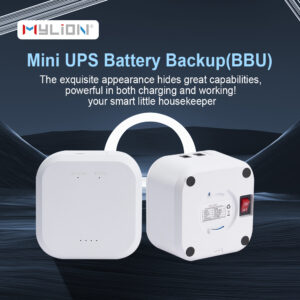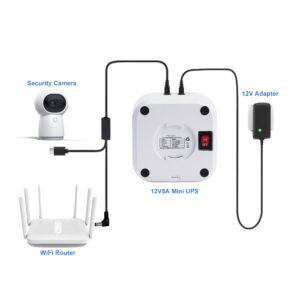In recent years, lithium polymer (LiPo) battery technology has become one of the most popular energy solutions across industries. The development of energy storage has been moving towards batteries that are not only lightweight and compact but also high-performance, and lithium polymer batteries are a typical example of this trend. LiPo battery technology has gained wide popularity due to its ability to meet the demanding power requirements of modern electronic devices, from smartphones and drones to power tools and electric vehicles.
This article will explore the main advantages of lithium polymer battery technology and its wide range of applications, focusing on how it can enhance device performance, extend battery life, and help reduce the weight of portable devices.

Understanding Lithium Polymer Battery Technology
A lithium polymer battery is a type of rechargeable lithium-ion battery that uses a polymer electrolyte instead of a liquid electrolyte. This allows the battery to be manufactured in a thin and flexible form factor, unlike traditional cylindrical batteries. Lithium polymer battery packs can come in a variety of shapes and sizes, providing manufacturers with greater design flexibility for electronic devices.
The main components of a lithium polymer battery are:
Anode: Usually made of graphite, stores lithium ions while the battery is charging.
Positive electrode: Made of lithium metal oxide, releases lithium ions when the battery is discharged.
Electrolyte: A solid or gel-like polymer material that facilitates the movement of ions between the anode and cathode during charging and discharging.
Separator: A non-conductive film that ensures that the anode and cathode do not touch and short-circuit.
Now, let’s take a deeper look at the various advantages of lithium polymer battery technology.
Key Benefits of LiPo Batteries
Lightweight and Compact Design
One of the most notable advantages of LiPo battery technology is its lightweight and compact design. Because LiPo battery packs use polymer electrolytes, they can be made into thin and flexible forms. This feature allows manufacturers to incorporate them into devices where space and weight are critical.
In consumer electronics such as smartphones, tablets, and wearables, this compact nature enables sleek, lightweight designs, making LiPo batteries an ideal choice for modern electronics. For example, wearable devices such as fitness trackers or smartwatches rely on LiPo batteries for both portability and adequate energy capacity.

High Energy Density
LiPo battery technology is known for its high energy density, which means it can store more energy in a smaller space than traditional battery types. This allows for extended use, an essential feature for devices such as drones, remote-controlled cars, and electric vehicles.
The high energy density of LiPo batteries means that users can enjoy longer use on a single charge, which is particularly important in applications that require extended runtimes, such as using drones for aerial photography and filming or GPS navigation in electric bikes.
Fast charging and discharging
Another key advantage of LiPo battery technology is its ability to support faster charging and discharging than other battery types. For consumers, this means less waiting time for charging, making LiPo batteries a great solution for devices that require fast turnaround times.
For example, drones and remote-controlled vehicles require quick bursts of power to take off or move. LiPo batteries can provide high discharge rates, ensuring smooth, continuous operation of power-hungry devices. This fast-charging capability also makes them ideal for use in power tools, where users need to get back to work without long downtimes.
Durability and safety
LiPo batteries are generally more stable than some other types of Li-ion batteries, especially when handling deep discharge or fast charging cycles. In addition, modern LiPo battery packs are equipped with integrated safety features, such as overcharge, over-discharge, and temperature protection systems, which help prevent potential hazards such as overheating or fire.
Although LiPo batteries are considered safe, proper handling and charging procedures are still important. Developing better safety protocols and technologies around the use of LiPo batteries can help improve their safety for consumer and industrial applications.
Form factor flexibility
Unlike traditional cylindrical batteries, LiPo batteries can be designed into custom shapes and sizes. This adaptability opens up endless possibilities for device design, as manufacturers are no longer limited to standard battery shapes. The flexibility of lithium polymer batteries also plays a vital role in the innovation of devices such as foldable smartphones, sleek laptops and ultra-thin portable electronics.
The Future of LiPo Battery Technology
As the demand for efficient, sustainable, and high-performance power solutions continues to grow, the future of LiPo battery technology looks bright. Here are some exciting trends:
Improvements in Energy Density
Research in LiPo battery technology is focused on further improving energy density. This means smaller, lighter batteries that can deliver more power, allowing for the design of more compact devices and vehicles without sacrificing performance.
Enhanced Safety Features
Improved safety protocols and innovations such as flame-retardant materials and thermal management solutions are expected to make LiPo batteries safer to use, especially in high-performance applications.
Integration with Renewable Energy Systems
As renewable energy sources such as solar and wind continue to expand, LiPo battery technology is likely to play an increasingly important role in energy storage systems. Combining LiPo batteries with solar energy can provide efficient, scalable power solutions, especially for off-grid applications.

Conclusion
The advantages of lithium polymer battery technology, including lightweight design, high energy density, fast charging and form factor flexibility, make it an indispensable energy solution for a wide range of industries. From consumer electronics and drones to electric vehicles and medical devices, LiPo batteries are helping to improve the performance, portability and lifespan of modern devices.
As battery technology continues to advance, lithium polymer batteries will play a key role in shaping the future of power storage, driving further innovation in consumer products, transportation and more. The continued development and improvement of lithium polymer battery technology brings an exciting future for users and manufacturers.





